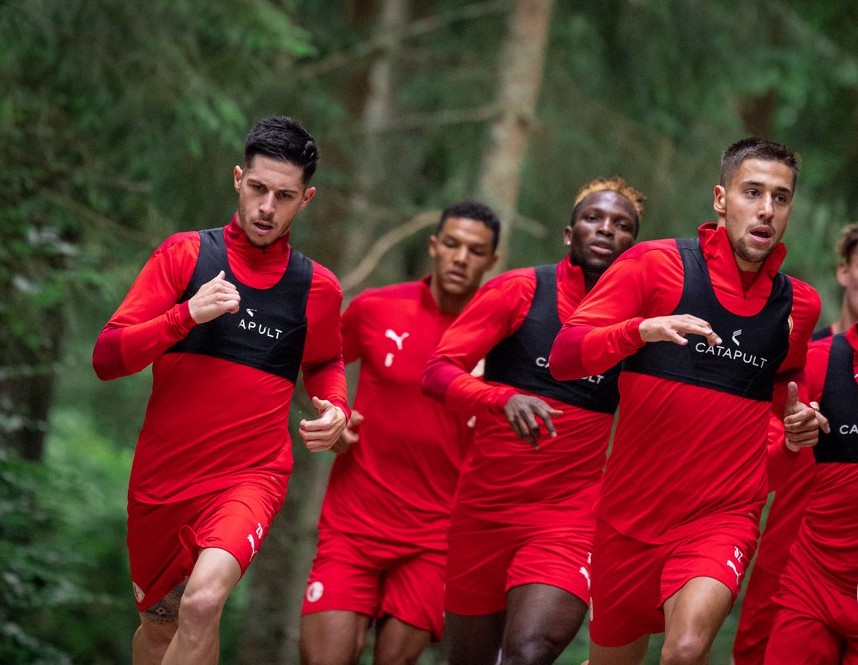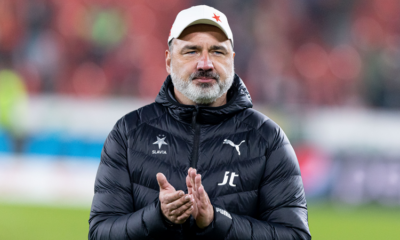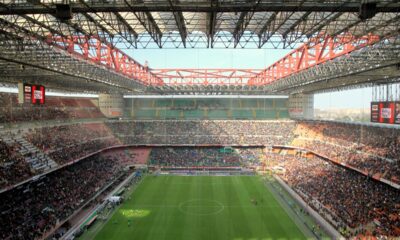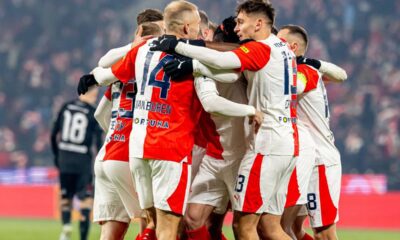Champions League
A glimpse of the past: in Budapest, Slavia led by Bican recorded a golden entry in the annals. Will it happen again?
Slavia Prague is eager to qualify for the Champions League this year, but the first obstacle in the way of their dream is very dangerous – the famous Hungarian Ferencvárosi Torna Club, thirty-two times champions of the country, who won 2-0 at home.

Slavia Prague is eager to qualify for the Champions League this year, but the first obstacle in the way of their dream is a very dangerous one – the famous Hungarian Ferencvárosi Torna Club, thirty-two times champions of the country, who won 2:0 at home. It is the first time the Red-and-Whites are facing them in the classic European Cups, but the duel with the Hungarian giant is a part of the history of Slavic football.
In the period between the World Wars, the most famous club continental competition was the Central European Cup, which Slavia, the most successful Czech club until 1948, still could not reach. While Ferencváros had already won the competition in 1927, it scored another triumph in 1937.
The following year, however, became a golden entry in the Slavic chronicle, the crown prince finally became king. And in the final Slavia overcame the defending champion, the Hungarian rival.
The two-match final was played in reverse order to this year’s duel, with Slavia starting at home. And in order to improve financially, they gave up their former home at Letná and moved to Strahov.
Everyone hoped to build a sufficient lead for the rematch. The goals were to be provided mainly by Josef Bican, the king of cannoneers, who arrived in Prague from Vienna just before the start of the competition.
The clubs’ positions before the clash were clearly recalled by the writer Vítězslav Houška in his cult book Eternal Slavia. “The reasoning is based on reality: that Ferencváros is an extremely difficult opponent, which is already apparent from the fact that it has reached the Cup final for the third time in the last four years; that it wins every home game on principle; that it has been six years since it last allowed a draw to a foreign opponent in Budapest,” the book states.
But the Slavic goal machine was not running, the 2:2 draw does not raise high hopes for the rematch, where a cauldron of 40,000 spectators awaits. But the Slavs knew what was at stake.
“Everybody was looking forward to the match. Nobody was afraid of the opponent or the responsibility,” says Houška. “Optimism was hovering over their heads. They were imbued with a united will. They knew they had nothing to lose. They fought with all their might. They attacked from the first minute as if they were playing in front of their own crowd, completely ignoring the confidence of the green and white,” the writer describes the determination of the players in the red and white jerseys.
Slavia sensationally won 2:0 in Budapest and finally captured the most precious trophy of the interwar period.
It was a great glory. A golden entry in the annals. If the successors manage to break into the luxurious company of the Champions League, they will add another. But this time, they must erase a two-goal deficit.
Source: UEFA












